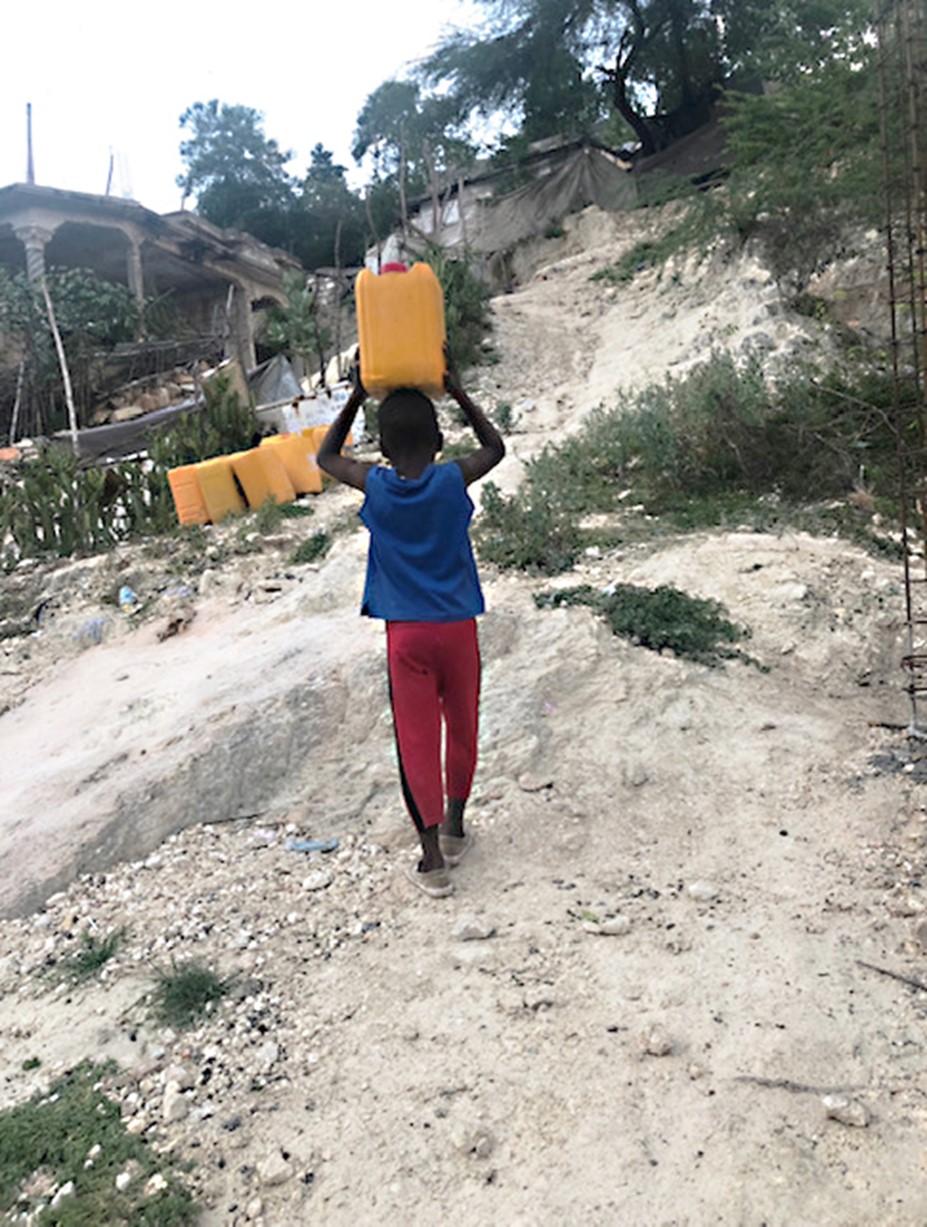That line—from The Rime of the Ancient Mariner by Samuel Taylor Coleridge, beautifully captures the paradox of having vast amounts of water that are undrinkable. It’s a haunting image, and in many ways, it reflects the current global water crisis. Despite the planet being covered by around 71% water, only about 2.5% of it is fresh water, and even less of that is easily accessible or usable for human consumption.
Haiti is a stark example of this paradox—the abundance of surrounding ocean and the scarcity of clean, accessible drinking water. The island nation, with its stunning coastline and lush landscapes, faces serious water accessibility challenges. While it’s surrounded by water, much of that water is saline or contaminated, and the infrastructure needed to provide clean drinking water is either underdeveloped or absent in many regions.
In rural areas, people often have to walk long distances to access safe water, sometimes from distant wells, springs or small rivers. The water sources they do have access to are often polluted due to a combination of poor sanitation, deforestation, and industrial waste. For many communities, this means that getting clean water is a daily struggle, especially for women and children who typically bear the brunt of water collection duties.
Compounding the problem is Haiti’s vulnerability to climate change. Frequent hurricanes, floods, and droughts exacerbate both water availability and water quality. When a storm hits, it can wash away infrastructure, including water systems, and leave communities with even fewer options for clean water. After a natural disaster, clean water becomes a pressing concern, with outbreaks of waterborne diseases becoming more common.
There are efforts in place to address these issues, such as the construction of rainwater harvesting systems and small-scale water purification initiatives. Hanwash is working with local communities to address these issues by constructing wells providing potable water. However, the challenge isn’t just technical; it’s also about building resilient infrastructure, ensuring equitable distribution, and addressing the root causes of water scarcity, such as deforestation, lack of sanitation, and environmental degradation.
Haiti’s water crisis highlights a global truth: access to clean water is not just about proximity to bodies of water, but also about systems of management, environmental protection, and social equity. Solving the problem requires addressing the interconnected issues of infrastructure, education, and environmental conservation, all while tackling deeper political and economic challenges.
Become a part of the solution and support the efforts of Hanwash. An audacious project initiated by Rotary District 7020 (the northern Caribbean islands), our mission is to eventually provide potable water to the whole of Haiti, working one well at a time…

